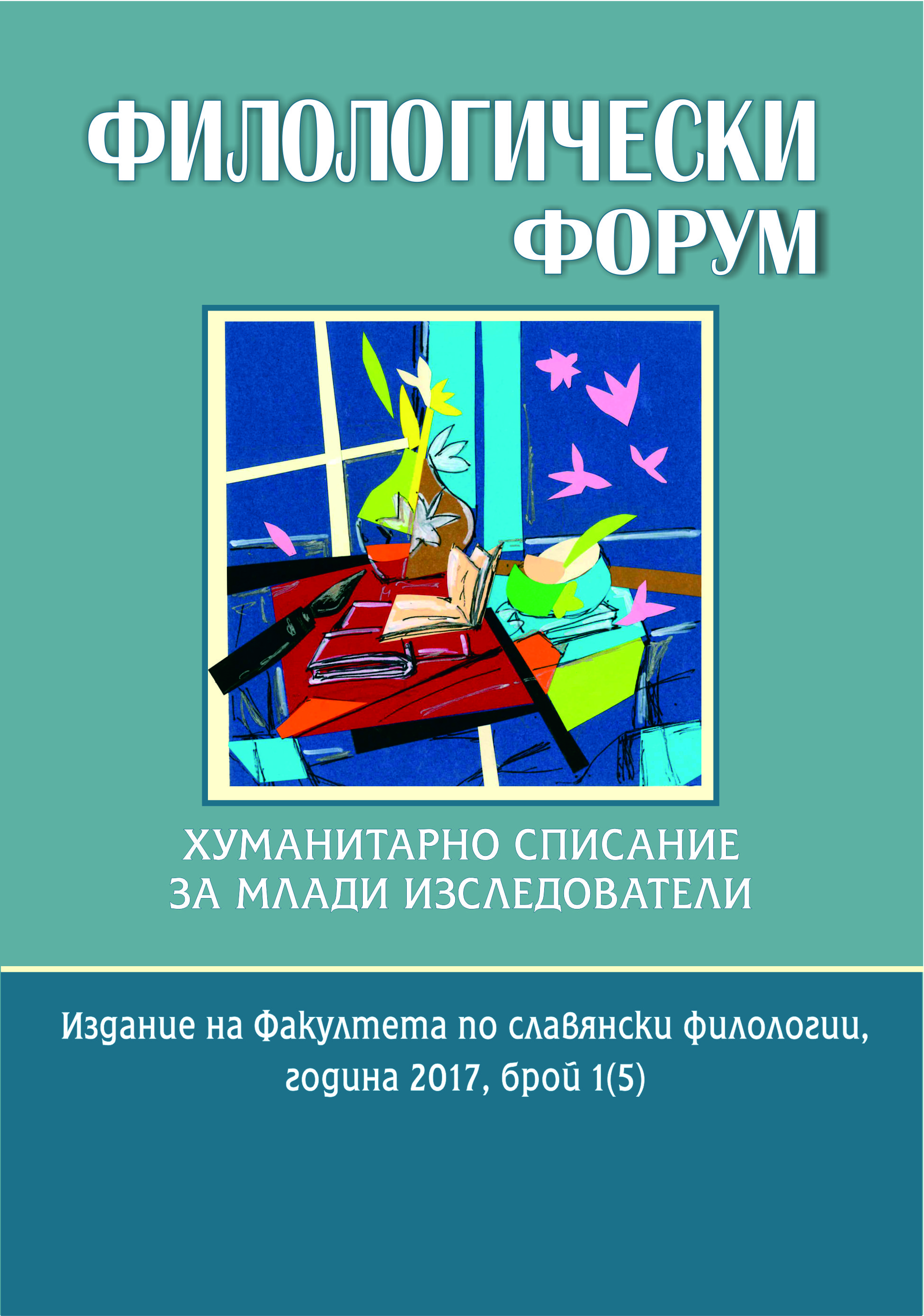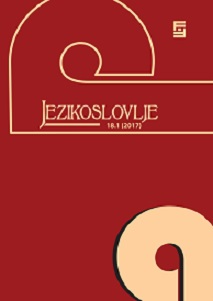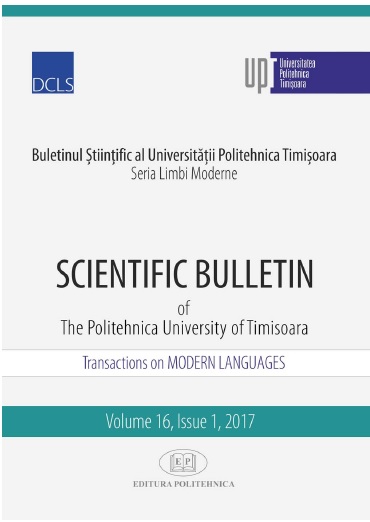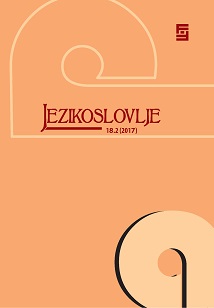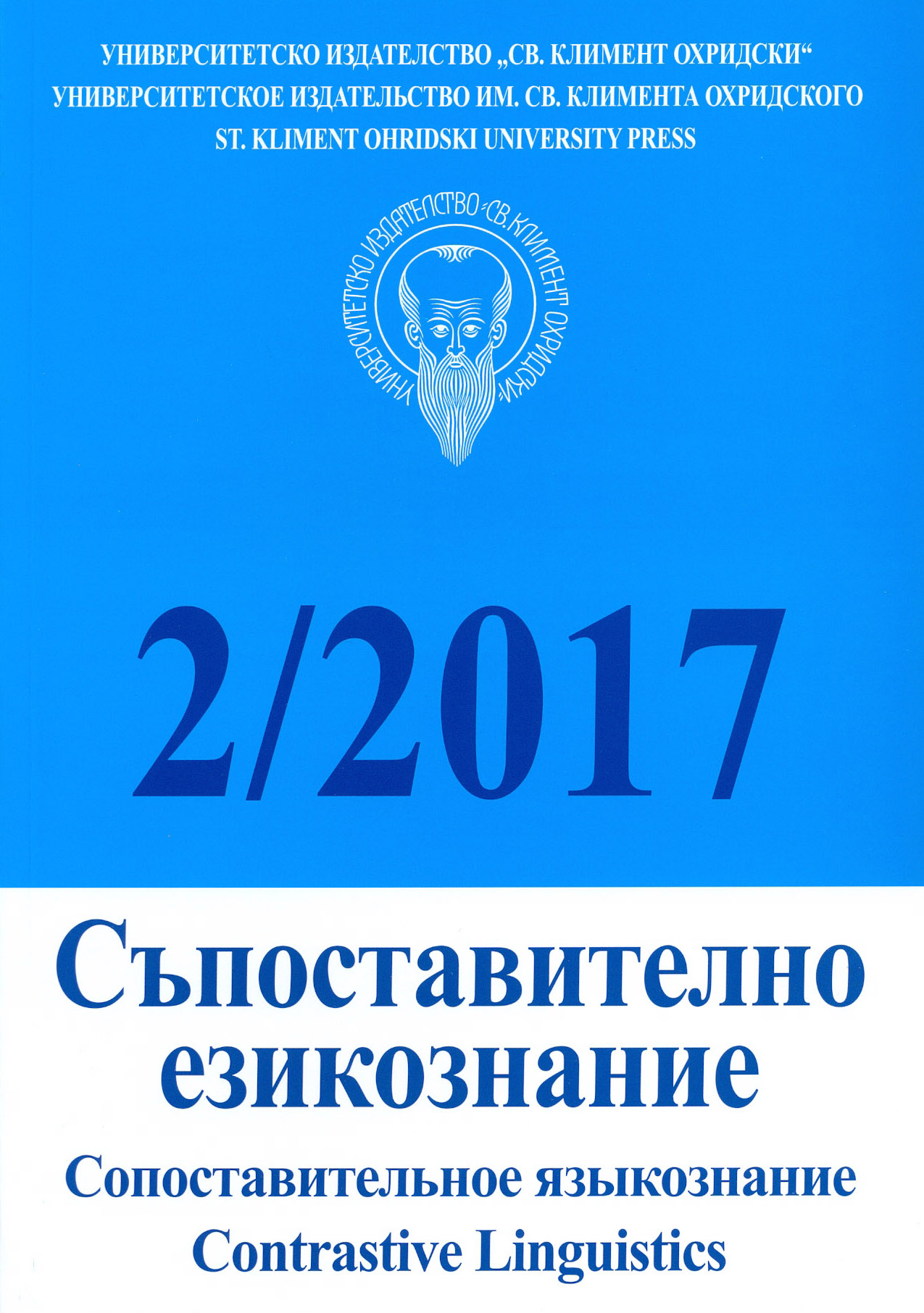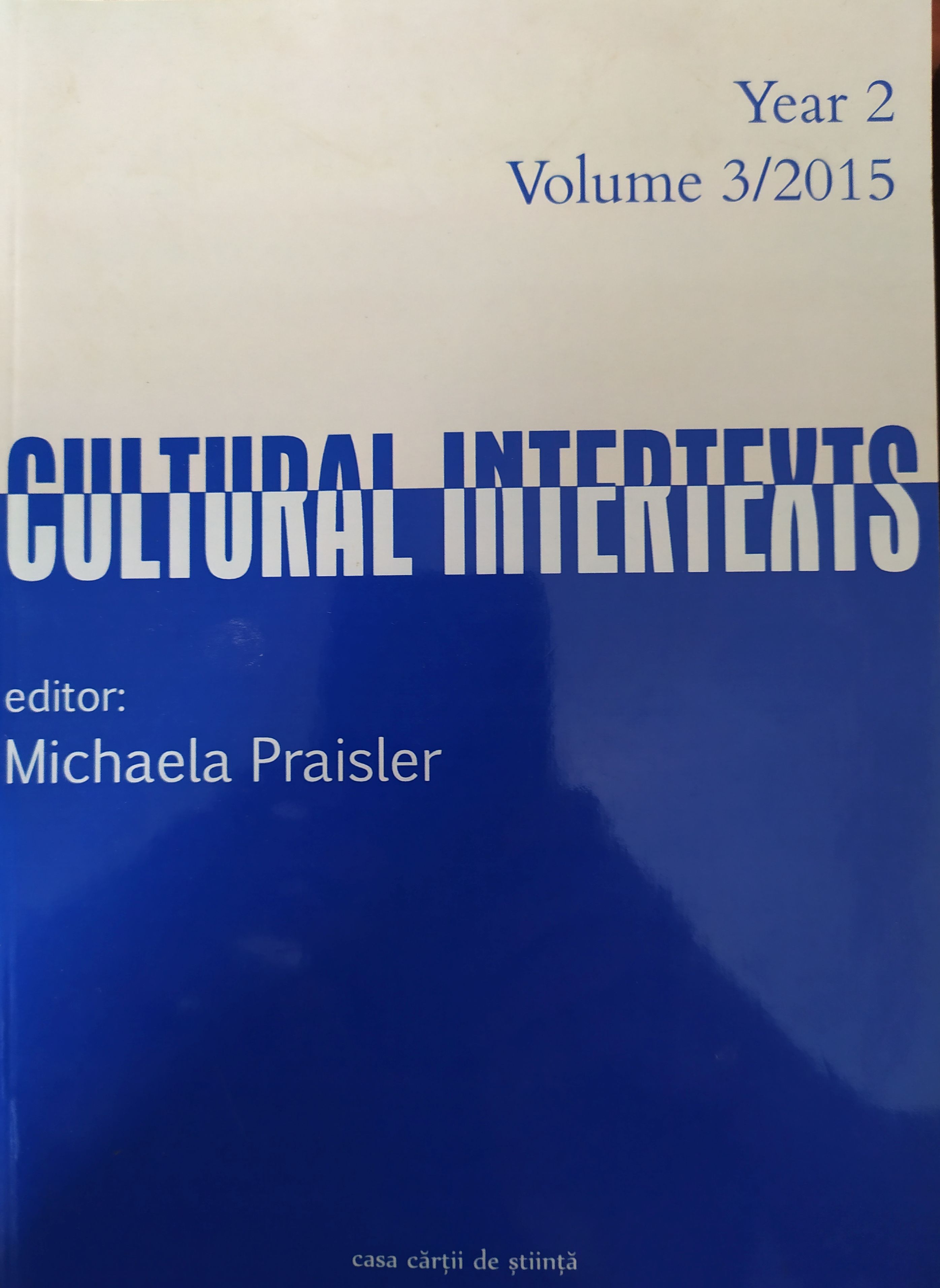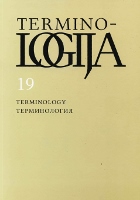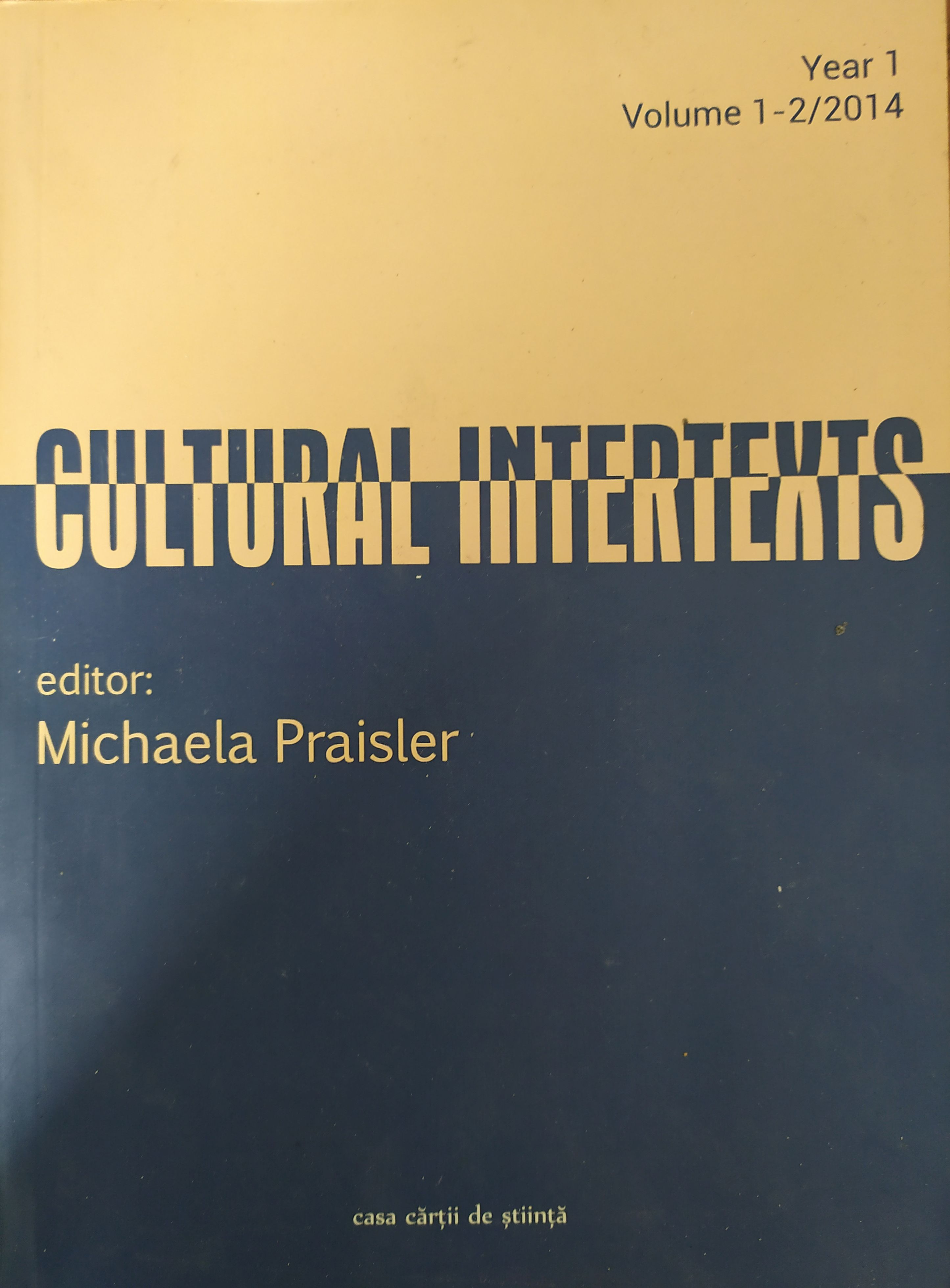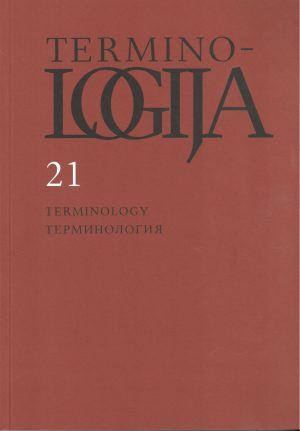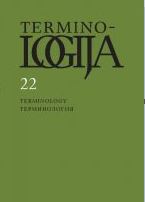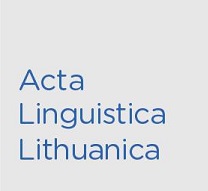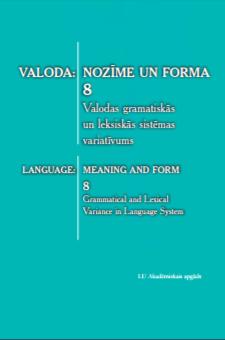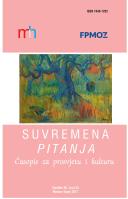
Jezične karakteristike Povelje Kulina bana
The Paper is about the most legendary Bosnian ban Kulin who ruled from the year 1180 to the year 1204. His famous charter was written on August 29th 1189 and it established friendship with Republic of Dubrovnik giving its people privileges, freedom of movement and stay in Bosna. Kulin ban’s charter is the oldest written document by Bosnian-Hum rulers. The charter was written in Bosnian Cyrillic. The paper analyzes orthographic, phonologic, morphologic and lexical characteristics of the charter. Alongside the philological and historic importance of Kulin ban’s charter, it had an exceptional general social significance which was reflected in the development of economy, building of churches and monasteries, health facilities, etc. in Bosnia and Hum. Kulin ban was and remained loyal to Roman Catholic Church. Pope Alexander II delivered a letter to Kulin by means of his envoy Tebald. In the letter Pope addresses “the noble and powerful Kulin ban of Bosnia” stating a great wish that his envoy delivers Kulin his blessing. During the period of Kulin’s rule in Bosnia and Hum there was prosperity and so even today it is possible to hear a saying “Since the Kulin ban’s good days” and “During the Kulin ban’s good days”. Historical sources say that he really was a great ruler, but also the tradition because his name remains in the folk memory up to our days. Popularity of Kulin ban is also affirmed by microtoponyms Kuline in Uzarići near Široki Brijeg and in Prebilovci near Čapljina.
More...
